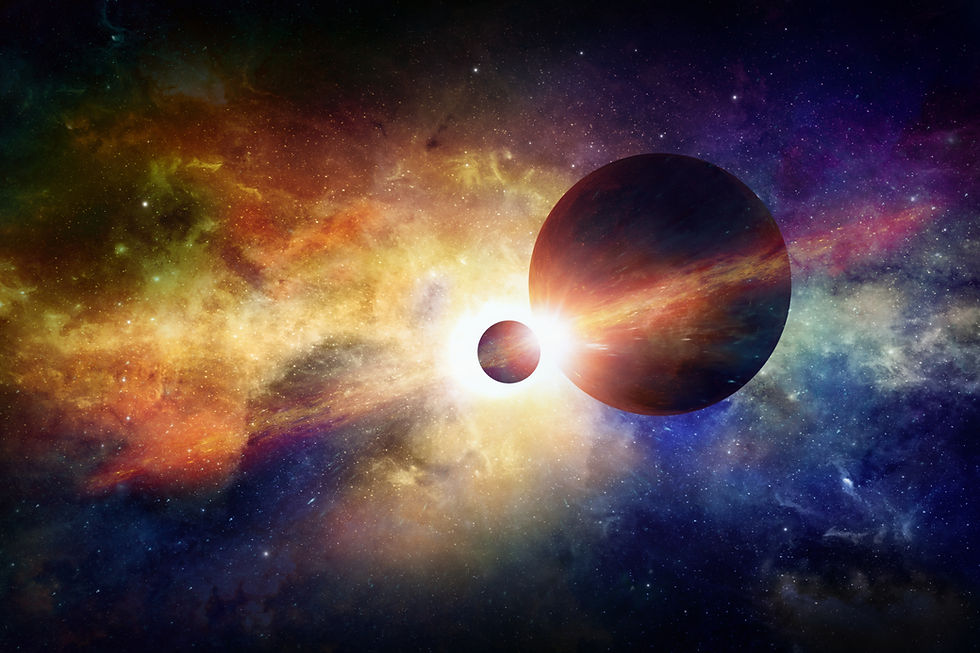Loss and Living Beyond It: A Non-Indigenous Reflection on The Marrow Thieves and more
- Thuy Luu
- Mar 23, 2021
- 3 min read
Warning: Spoilers!
I’m reminded of how many ways a human can experience loss. How the circumstances leading up to that singular event of loss can contort someone in so many ways. In The Marrow Thieves, author Cherie Dimaline does not hesitate to show readers this loss. Frenchie experiences RiRi’s loss. He experiences Minerva’s loss. And subsequently the loss of something deep within him. The significance of this loss, especially in the context of Indigenous literatures was made more apparent for me by Daniel H. Justice’s fourth chapter of Why Indigenous Literatures Matter.
Dimaline and Justice have made it possible for me to continuously explore the importance of genre and how speculative fiction is significant to becoming a good relative/ancestor, through envisioning a future for future generations. Justice makes an important distinction between speculative fiction written by Indigenous artists, to the oversaturated non-Indigenous post-apocalyptic realm of fiction.
I must admit that I enjoy (or once enjoyed) that oversaturated genre. However, I am now realizing that it is a platform for which, “white people return to a fetishized frontier to carve a new, righteous, patriarchy out of the ruin that was civilization,” truthfully put by Justice. Whether it was The Walking Dead’s zombie apocalypse or vampire versus humans in Van Helsing, I, like many people consumed this content without fully understanding how it continued to perpetuate the modified, new form of patriarchy and imbalanced systems of power as a solution to the world’s ending.
When we speak of loss, in the way Miigwans, Chi-Boy, Wab, Tree, Zheegwon, Rose, Frenchie, and Slopper suffered through the loss of RiRi and Minera, we are speaking of a loss that is unlike the loss of our favorite characters in a TV show. This loss does not only exist within the pages of Cherie Dimaline’s book. I was reminded through Justice that the imagined post-apocalyptic worlds created by Indigenous creatives are not simply futuristic fictional works alone. “-the ‘end of days’ isn’t just the stuff of doomsday religionists or science fiction, but of historical memory and lived experience - When apocalypse appears as an overt theme in Indigenous writing, it’s more than speculative - it’s experiential, even in its most fantastical, because in a very real way it hasn’t ended.” The loss experienced by our beloved characters in The Marrow Thieves as Indigenous characters is very much the loss experienced by Indigenous Peoples, past and present.
The same old formulas used in settler-colonial renditions of apocalyptic survival are NOT EFFECTIVE because they rely on the same power systems that created the whole damn mess in the first place.
It’s fucked…but it doesn’t have to be.
Indigenous writers and artists like Cherie Dimaline and Daniel Heath Justice (to name only a few amazing humans) won’t allow these old ass settler formulas to play out anymore. They are creating work in defiance of settler narratives that try to define Indigenous peoples by their losses. Loss of Indigenous land. Loss of Indigenous relatives. Attempts to reduce Indigeneity. Attempts at cultural genocide.
Living beyond loss, these Native authors are envisioning something different for their communities through speculative fiction, non-fiction, poetry, visual art, dance, and more. Not only are they working against the current of attempted erasure, they are contributing to an independent body of knowledge that will persist regardless of the settler-state. They’re writing their own fucking formulas. AND I’M HERE FOR IT.
© Copyright Thuy Luu, 2019



Comments